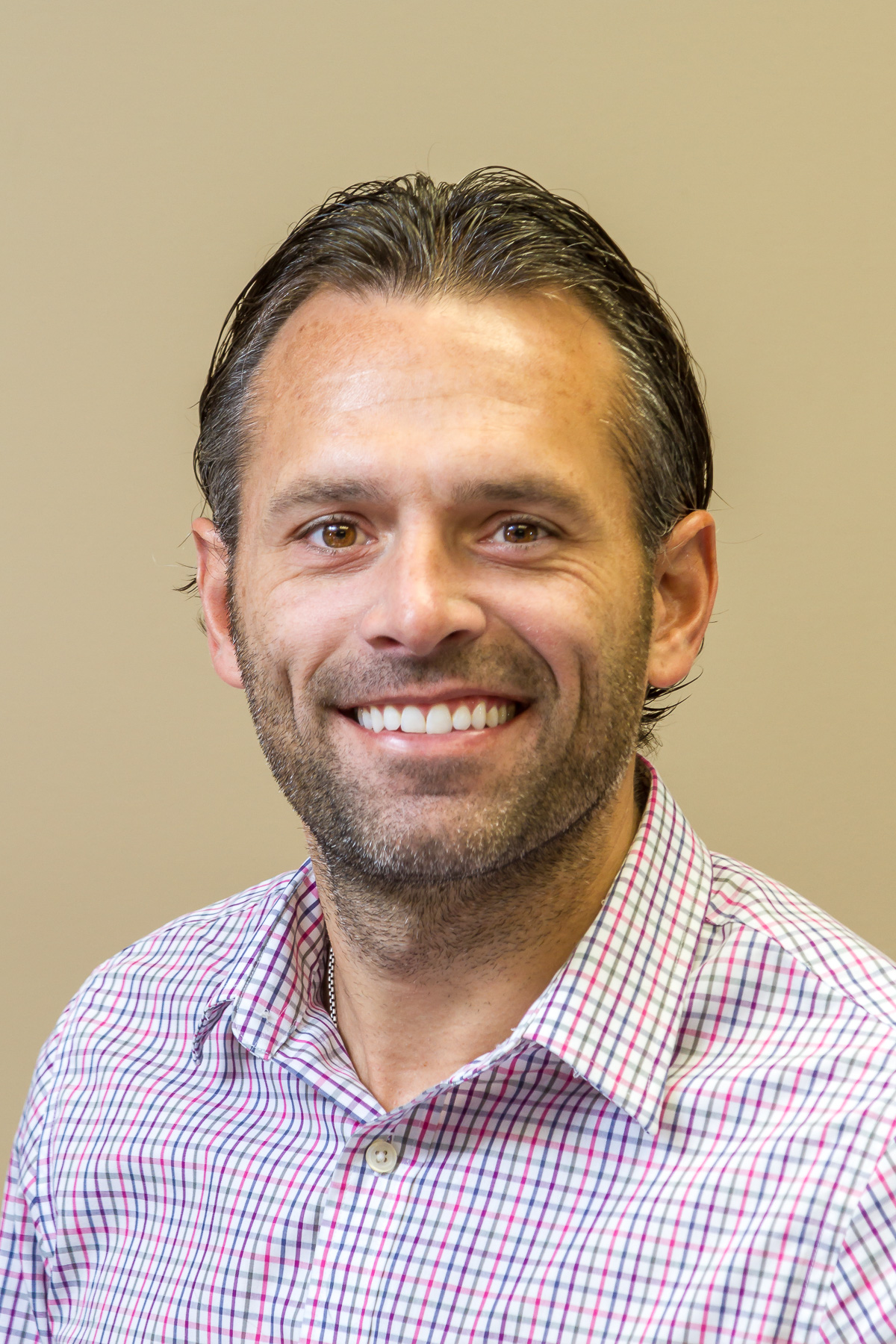
In response to increased demand across the country for its advanced abrasive waterjet systems, the OMAX® Corp. has expanded its sales force. The Kent, Wash.-based company added Brad Tumbleson as regional sales manager to serve customers throughout Southern California.
Tumbleson will support existing customers who rely on OMAX abrasive waterjet technology, which includes OMAX and MAXIEM® JetMachining® Centers. He also will introduce manufacturers, job shops and metal service centers serving the aerospace, medical and transportation industries as well as educational institutions to the benefits of abrasive waterjet technology for the fast, precise cutting of various materials, including exotic alloys, glass, rubber, stone, composites and traditional metals, according to a company news release.
With nearly 10 years of outside sales experience, Tumbleson has a proven record as a dedicated and highly motivated sales manager. Prior to OMAX, he was a branch manager and outside sales manager for House of Threads where he was responsible for the overall growth and production of a distribution branch within the fastener business. His career also includes serving as an outside sales engineer and service manager for Aqua Blast Corporation and directing sales and service of pneumatic and ultrasound equipment through an independent office of Foodtools Inc.
Tumbleson earned an associate’s degree in industrial management technology from Florida State College in Jacksonville. He also holds an OSHA Construction Safety and Health certification.
Contact Details
Related Glossary Terms
- abrasive
abrasive
Substance used for grinding, honing, lapping, superfinishing and polishing. Examples include garnet, emery, corundum, silicon carbide, cubic boron nitride and diamond in various grit sizes.
- abrasive waterjet ( AWJ)
abrasive waterjet ( AWJ)
System that uses high-pressure waterjets in combination with a slurry of fine abrasive grains to machine materials. See waterjet cutting.
- alloys
alloys
Substances having metallic properties and being composed of two or more chemical elements of which at least one is a metal.
- centers
centers
Cone-shaped pins that support a workpiece by one or two ends during machining. The centers fit into holes drilled in the workpiece ends. Centers that turn with the workpiece are called “live” centers; those that do not are called “dead” centers.
- composites
composites
Materials composed of different elements, with one element normally embedded in another, held together by a compatible binder.







